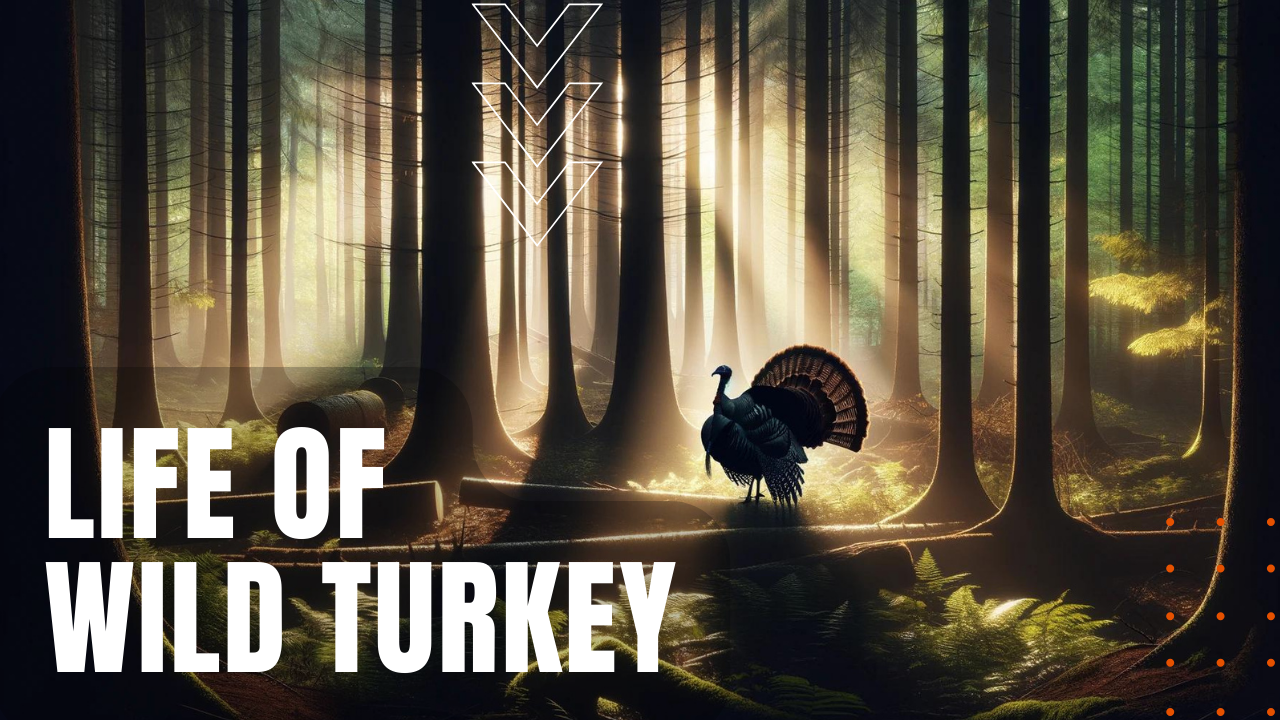-
April 12, 2024
The Life of Wolves
“The Life of Wolves” explores the behavior, social structure, and hunting techniques of these fascinating creatures. From their pack dynamics to their communication methods, this documentary delves into the daily lives of wolves in the wild. Viewers will gain a deeper understanding and appreciation for these majestic animals and their important role in the ecosystem.
-

-
April 10, 2024
Charles Darwin
Charles Darwin was a British naturalist and biologist known for his theory of evolution by natural selection. His groundbreaking work “On the Origin of Species” published in 1859, revolutionized the field of biology and our understanding of the diversity of life on Earth. Darwin’s ideas continue to influence scientific thought and research to this day.
-
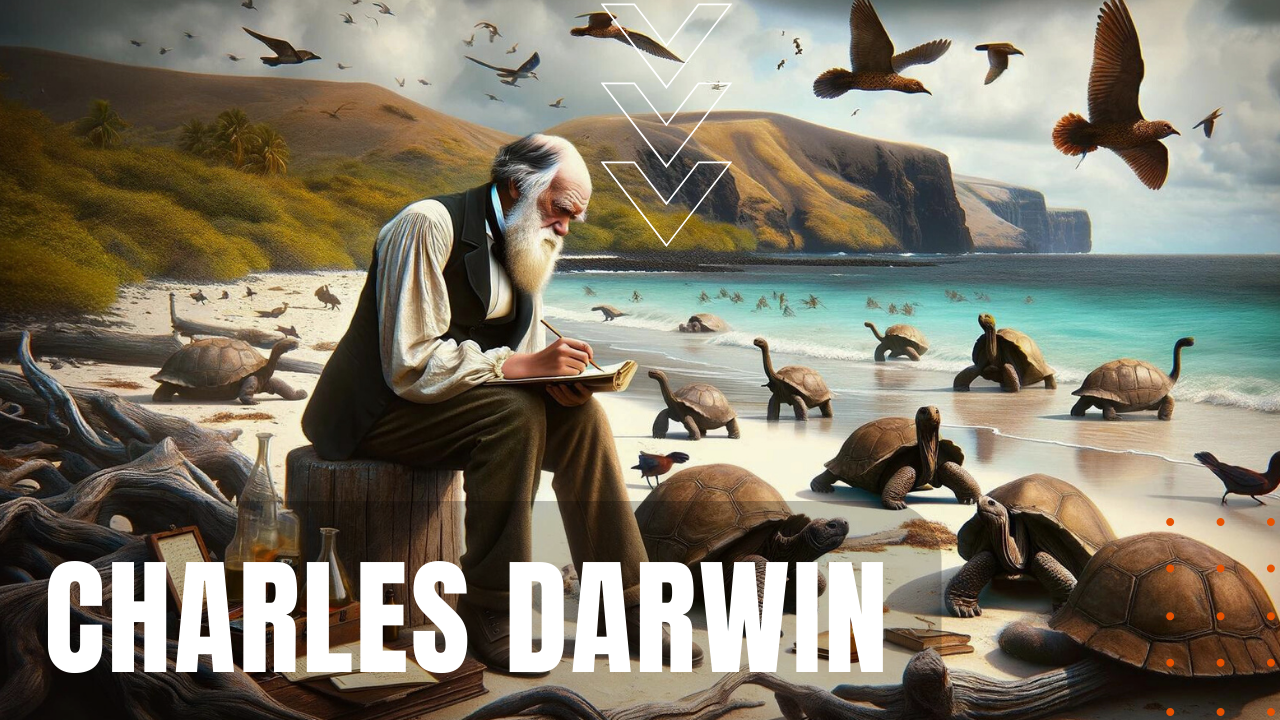
-
April 5, 2024
Breakthroughs in Antimatter
Recent advancements in antimatter research have led to groundbreaking breakthroughs in the field. Scientists have successfully trapped and studied antimatter particles, shedding light on their properties and potential applications. These developments have the potential to revolutionize our understanding of the universe and could lead to significant technological advancements in the future.
-

-
April 3, 2024
The Life of Cheetahs
The life of cheetahs is characterized by their incredible speed, agility, and hunting prowess. These majestic big cats are solitary animals that roam vast territories in search of prey. Cheetahs are known for their distinctive spotted coats and are considered one of the most iconic predators in the animal kingdom.
-
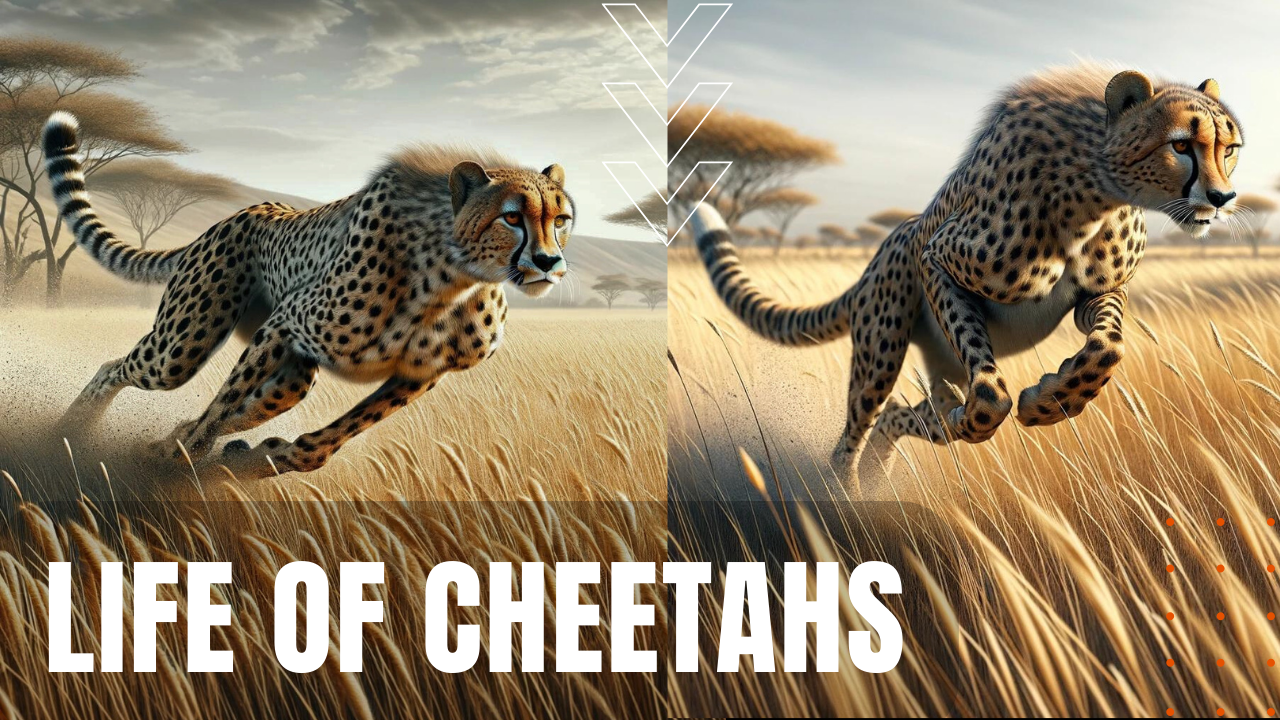
-
March 26, 2024
The Life of Skunks
The life of skunks is characterized by their unique defense mechanism of spraying a foul-smelling liquid, their nocturnal habits, and their omnivorous diet. Skunks are solitary animals that communicate through various vocalizations and body language. They are known for their adaptability to various habitats and their important role in controlling insect populations.
-
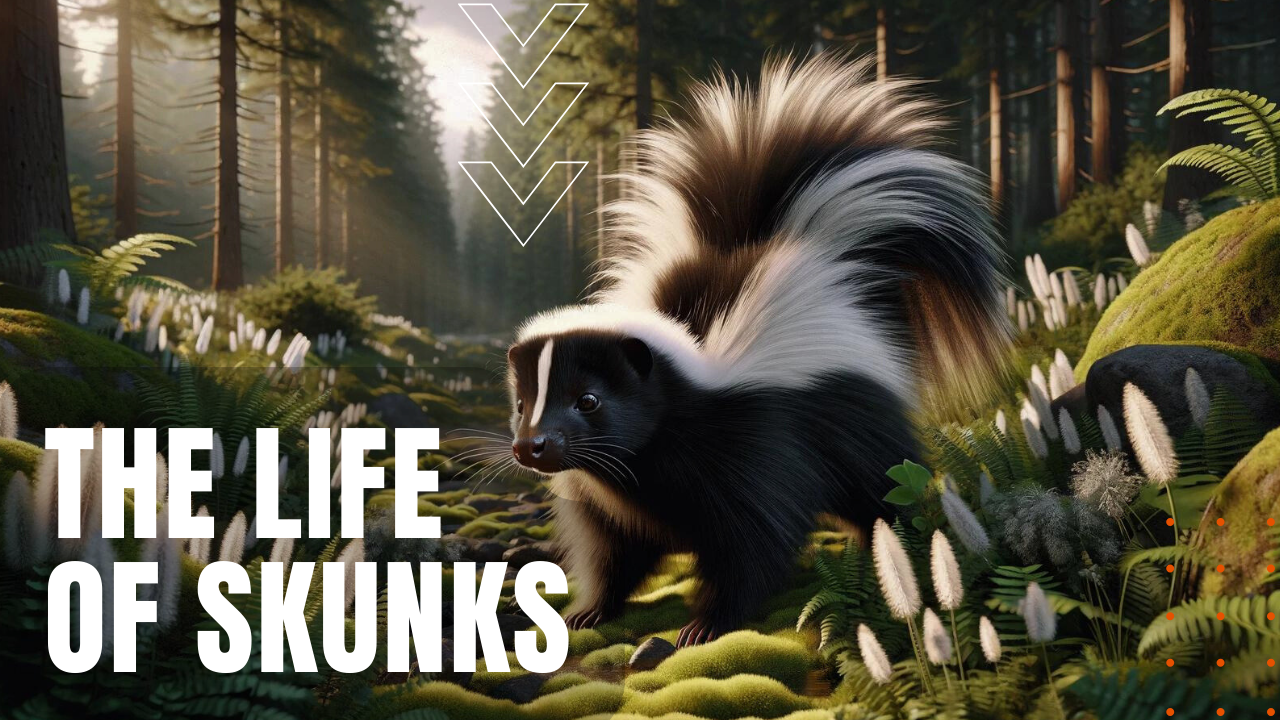
-
March 19, 2024
The Life of Elephants
Elephants are the largest land animals, known for their distinctive trunks and tusks. They have a complex social structure, living in herds led by a matriarch. Elephants are herbivores, consuming up to 300 pounds of vegetation daily. They have a long gestation period of around 22 months and give birth to a single calf. Elephants are highly intelligent and exhibit advanced communication skills. Unfortunately, they are currently threatened by habitat loss and poaching for their ivory tusks.
-
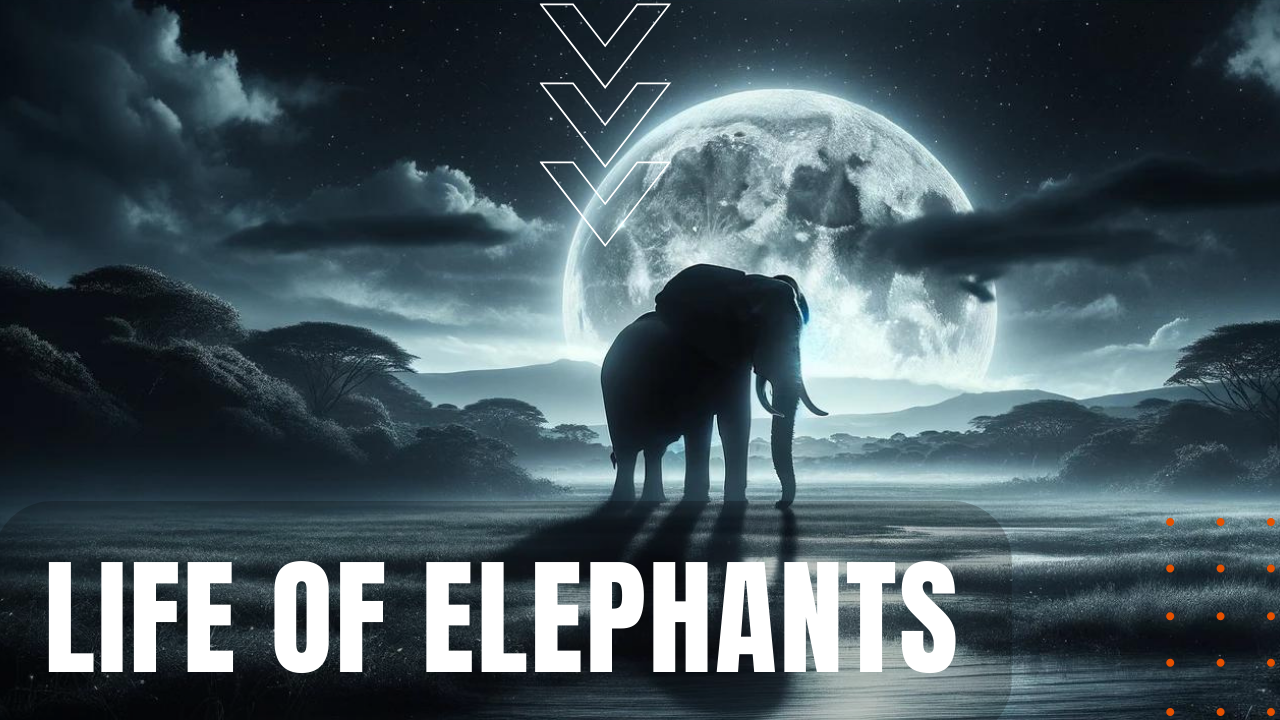
-
March 13, 2024
The Life of Wild Turkeys
The wild turkey, Meleagris gallopavo, is a large bird native to North America. They have a distinctive appearance with a featherless head and a long, fan-shaped tail. Wild turkeys are omnivorous, feeding on a variety of plant matter, insects, and small vertebrates. They have excellent eyesight and hearing, allowing them to detect predators. During breeding season, males display their colorful plumage and perform elaborate courtship displays to attract females. Wild turkeys are social animals, often forming flocks and roosting in trees at night for protection.
-
